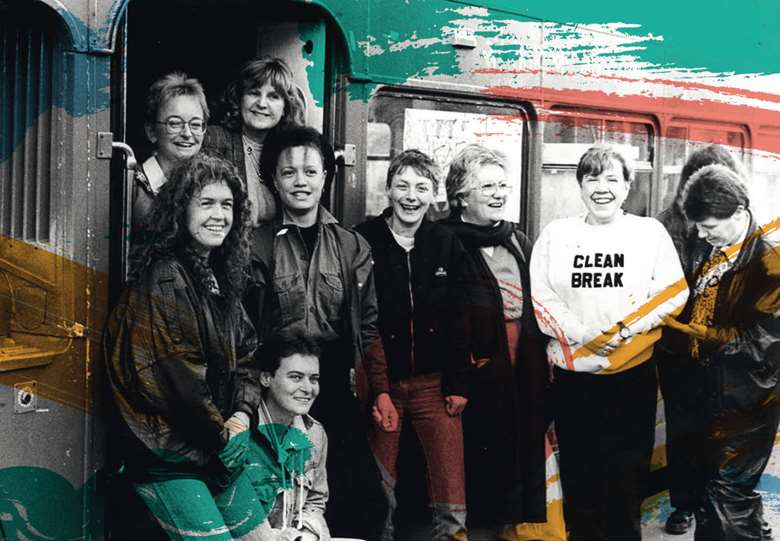Creative freedom: Clean Break Theatre Company
Nick Smurthwaite
Wednesday, September 1, 2021
Celebrating the lives of women in the Criminal Justice System and campaigning for positive change, Clean Break Theatre Company are celebrating their 40th anniversary with a live exhibition. Nick Smurthwaite speaks to some of the women involved

Clean Break Archive
Register now to continue reading
Register to the Drama & Theatre website today and gain access to all the latest news and developments from the world of drama education. By registering you will receive:
- Free access to 4 subscriber-only articles per month
- Unlimited access to news and opinion on our website


